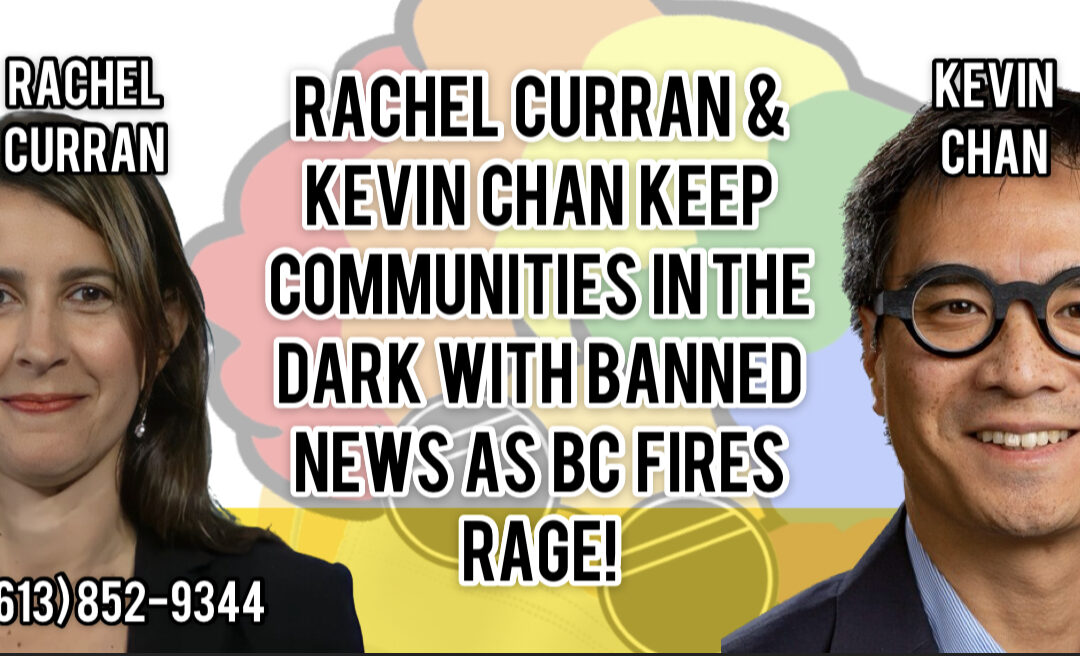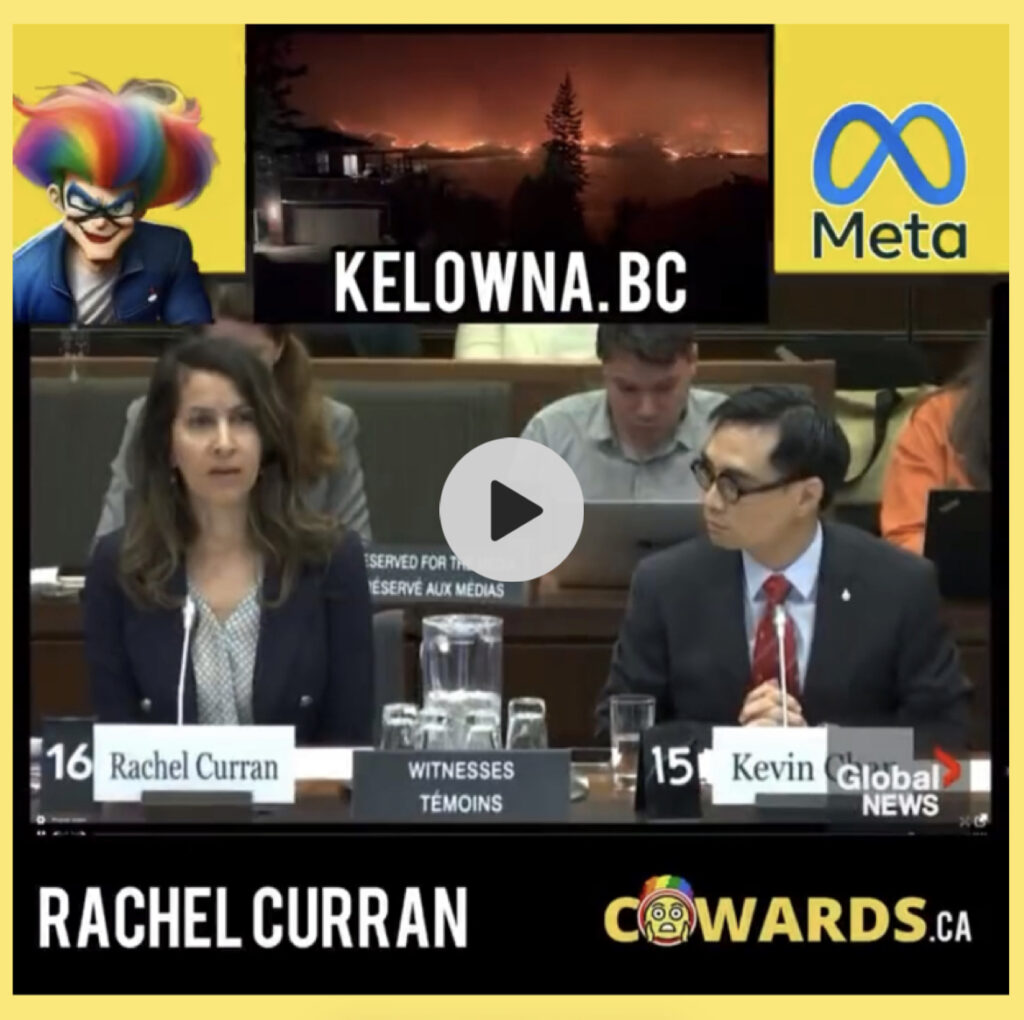The Canadian government has voiced a chorus of criticism directed at Meta, the parent company of Facebook and Instagram, due to their recent decision to implement a ban on domestic news content across their platforms. This move has sparked a cascade of negative consequences, triggering a fervent backlash from various quarters. At the heart of this debacle are two key figures: Rachel Curran, the Head of Meta Public Policy, and Kevin Chan, who have both been thrust into the spotlight for their role in what is being widely considered a disastrous set of decisions.
The timing of Meta’s ban could hardly have been worse, as devastating wildfires rage unabated through the western regions of the country. The ban on news sharing arrives as an untimely disruption, further exacerbating the challenges posed by these fires. Rachel Curran, as the Head of Meta Public Policy, carries the weight of her supposed expertise in shaping policies. However, this episode has revealed not just flaws but also a disregard for the well-being of the Canadian populace.
Kevin Chan’s actions and motivations remain shrouded in suspicion, casting a pall of uncertainty over Meta’s strategic decisions. His prominent role in orchestrating the ban has unmasked the arrogance and indifference of Meta’s upper echelons towards the urgent needs of the public. His seeming lack of comprehension regarding the gravity of the situation further solidifies his image as a negligent figure.
Despite assurances from Rachel Curran that Canada would not face the same fate as Australia in terms of news sharing, the ongoing wildfires in Kelowna have proven these statements to be hollow. The ban’s impact is unmistakable, with local community media outlets Kelowna Now and Castanet both remaining blocked. This underscores the undeniable fact that the ban’s ramifications on critical information dissemination cannot be downplayed. Meta’s irresponsible stance on news-sharing has led to dire real-world consequences.
This confluence of events compels us to confront a stark reality: Facebook, often perceived as a neutral platform, functions as a significant news publisher. The Kelowna wildfires and the subsequent silencing of local media outlets serve as a clarion call, urging society to hold Facebook accountable as a news publisher. This suggests that Facebook should bear the same responsibilities and liabilities as traditional media entities.
The outcry from influential figures such as Heritage Minister Pascale St-Onge, Transport Minister Pablo Rodriguez, and legislator Chris Bittle reflects a growing sentiment that Meta’s actions were not only ill-considered but also marked by recklessness. The ban has robbed Canadians of critical information during an ongoing crisis, emphasizing the pressing need for unrestricted news dissemination.
As the digital radio station Cabin Radio in Yellowknife grapples with finding alternative means of delivering news due to the ban, Meta’s vague assurances about their “Safety Check” feature fall short of alleviating concerns. The idea that Canadians can rely solely on government agencies and non-governmental organizations (NGOs) for news, in the absence of credible media outlets, highlights the impracticality of Meta’s stance.
In conclusion, the current situation shines a spotlight on the undeniable importance of a responsible approach to news sharing on social media platforms. The devastation caused by the wildfires, coupled with the stifling of local news outlets, lays bare the fallacy of Meta’s assertion that users don’t turn to their platform for news. Rachel Curran and Kevin Chan have become synonymous with a course of action that has been deemed disastrous and irresponsible, necessitating a comprehensive reassessment of Facebook’s role as both a news distributor and a publisher.



Recent Comments